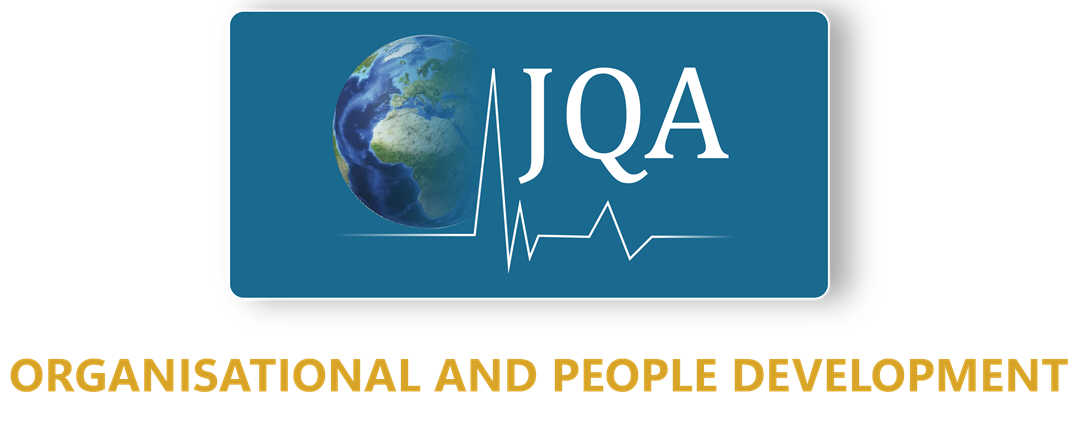
Written by Jo Larkam
Chartered Psychologist, AFBPsS, HCPC Registered Psychologist, RCDP and JQA Lead Associate
Of all the values we talk about, integrity is often the quietest. It doesn’t always grab attention, but when it’s missing, the consequences are loud.
In recent years, we’ve seen leaders lose trust in a matter of days. Sometimes it’s a headline-making mistake. Other times, it’s a slow erosion, one compromise at a time. As a psychologist, and as part of a values-led business, I’ve been thinking about what integrity really means and why it matters so much.
At JQA, integrity isn’t just a principle. It’s a practice. We embed it into how we work with clients, how we engage with candidates, and how we hold ourselves to account. For me personally, it’s also anchored in the professional codes I’ve committed to through the British Psychological Society and the Career Development Institute. These frameworks don’t just guide what I do, they remind me why I do it.

Building trust, not just testing it
Nowhere is integrity more relevant than in our Executive Assessment work. These are in-depth conversations, designed not just to evaluate what someone has done, but to explore what really drives them. What are they motivated by? How do they respond when the pressure mounts? What values do they operate from, and when might those values be tested?
When a public figure falls from grace, we often ask ourselves: Could that risk have been seen earlier?
While no assessment can predict the future, what we do aim to uncover are the pressures, patterns and personality traits that could signal risk. Not in isolation, but in the context of a team, a role, and an environment. We bring rigour, insight and a human lens to help our clients make confident, informed decisions.
“It’s also anchored in the professional codes I’ve committed to through the British Psychological Society and the Career Development Institute”
Integrity shows up in the small things
We often think of integrity as something tested in big moments — a major crisis, a values clash, a public reckoning. But the truth is, it shows up in the everyday. It’s how you behave when no one’s watching. How you give feedback. Whether you keep your word. Whether your values still hold when the pressure’s on.
At JQA, we see integrity in how we write proposals, how we talk about candidates, and how we handle sensitive information. We challenge each other, ask the hard questions, and hold space for honesty, even when it’s uncomfortable.
It’s also in the trust we’ve built over time. Some of our client relationships have lasted decades, not because of flash or spin, but because we’ve earned their trust. They know we’ll do the right thing for the individuals we assess, and we’ll speak honestly about what’s right for their business. Our insights support real decision-making and are delivered with care, transparency and professional respect.
It’s one of the real privileges of working with JQA — following individuals through their careers, and being there at key moments when they’re hired, promoted, or seeking support. That kind of trust can’t be faked. It’s earned, one conversation at a time.
A value that shapes culture and leadership
When integrity is present in a leadership culture, it shows. People feel safe to speak up. Decisions are made transparently. And when things go wrong, as they sometimes do, there’s a clear foundation for how to respond. Integrity doesn’t prevent challenge, but it gives you a way to navigate it with clarity and respect.
If you’re thinking about what integrity looks like in your leadership team, or how to assess for it meaningfully in your next hire, we’d love to help. In a world that sometimes moves too fast and cuts too many corners, integrity is what keeps us grounded.
It may be the quietest value, but it speaks volumes.

